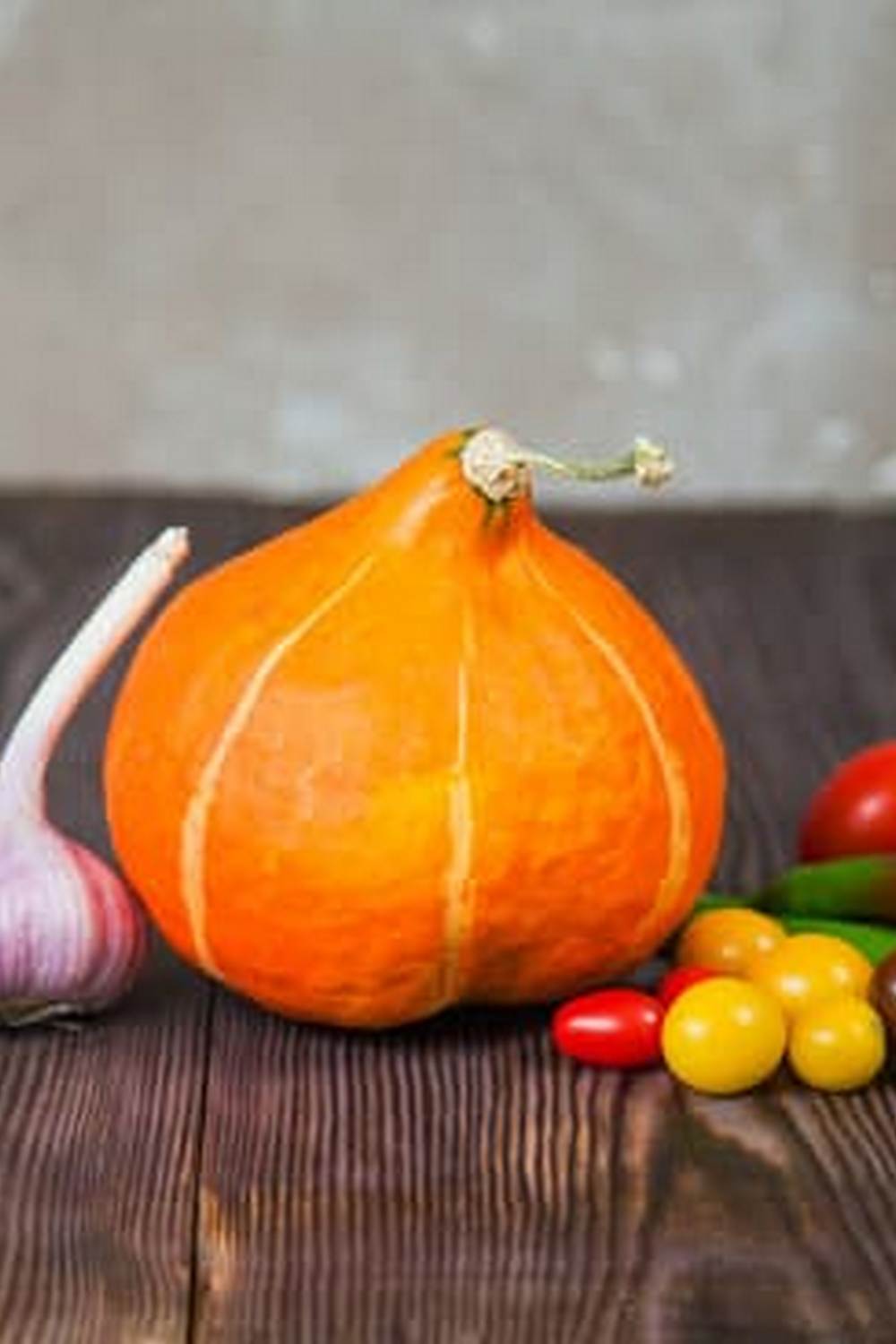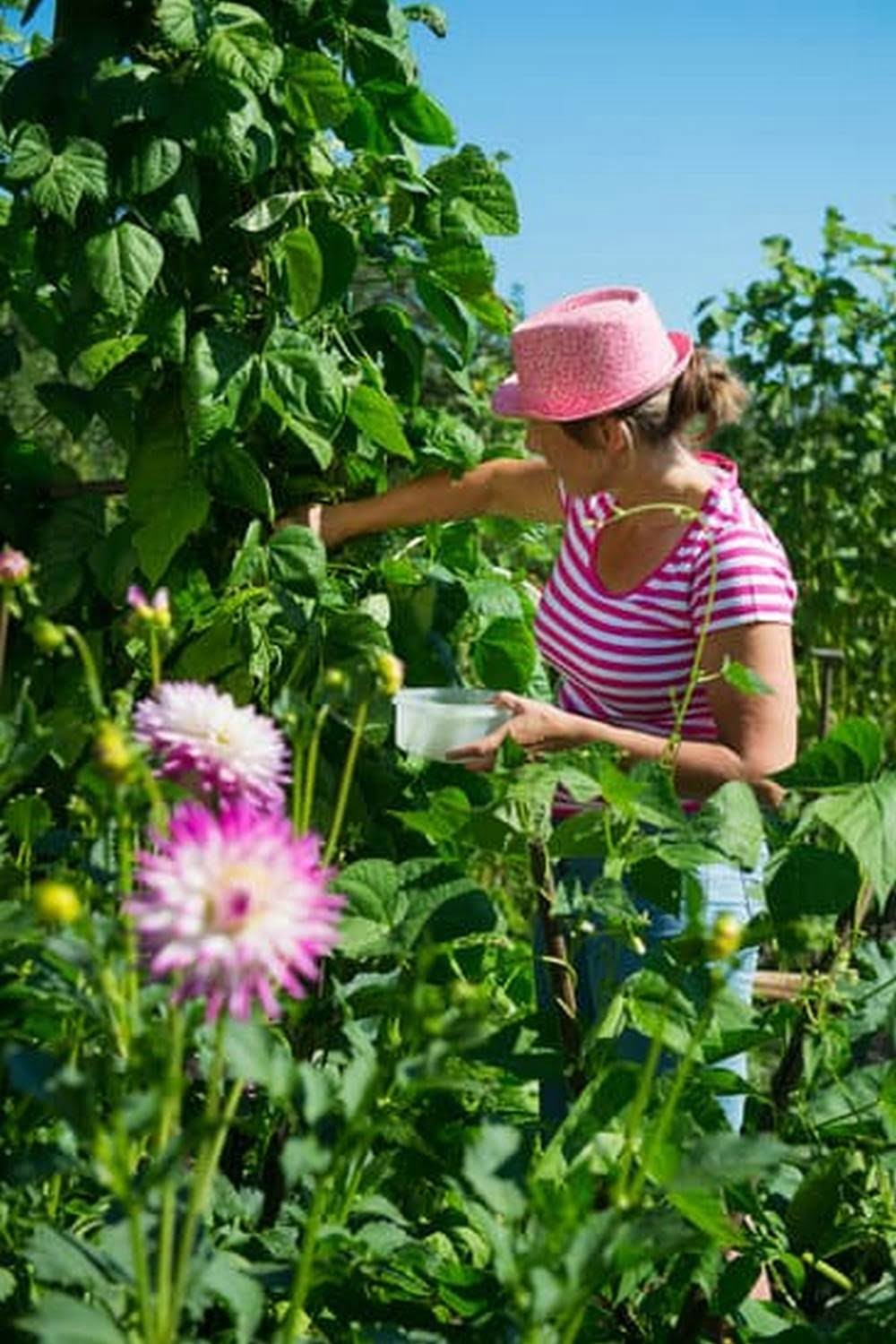New Zealand vegetable gardening offers a rich and diverse landscape for growing a wide variety of vegetables. With its unique climate and soil conditions, New Zealand provides an ideal environment for cultivating fresh produce all year round. From the cooler regions of the South Island to the milder climate of the North Island, there are plenty of opportunities for both amateur and experienced gardeners to indulge in their passion for vegetable gardening.
The temperate maritime climate of New Zealand makes it suitable for growing a wide range of vegetables. This article will provide an in-depth exploration of the different aspects of vegetable gardening in New Zealand, including the best vegetables to grow, understanding growing seasons, expert tips for successful gardening, organic gardening trends, native vegetables, community gardens, and valuable resources for aspiring New Zealand vegetable gardeners.
Whether you are a beginner looking to start your first vegetable garden or a seasoned gardener seeking to expand your knowledge and skills, this comprehensive guide will equip you with the essential information needed to thrive in New Zealand’s unique vegetable gardening environment. Let’s delve into the world of New Zealand vegetable gardening and uncover the secrets to growing an abundant and bountiful harvest.
Best Vegetables to Grow in New Zealand
When it comes to vegetable gardening in New Zealand, it is essential to choose the right vegetables that thrive in the unique climate and soil conditions of the country. Whether you are a seasoned gardener or a beginner, here is a comprehensive list of vegetables that do exceptionally well in New Zealand’s environment:
- Potatoes: Potatoes are a staple in New Zealand gardens and are relatively easy to grow. They thrive in cool, moist climates and can be planted in early spring or autumn.
- Carrots: Carrots require well-drained soil and plenty of sunlight. They are excellent for New Zealand’s growing conditions and can be planted throughout the year.
- Silverbeet (Swiss Chard): This leafy green vegetable is highly nutritious and grows well in New Zealand’s climate. It can tolerate both heat and cold, making it an ideal choice for all seasons.
- Tomatoes: Tomatoes flourish in New Zealand’s warm summers and do best when planted after the risk of frosts has passed. With proper care, they can yield an abundance of delicious fruits.
- Kale: Kale is a robust and hardy vegetable that thrives in New Zealand’s cool climates. It is packed with nutrients and can be grown throughout the year.
In addition to these vegetables, other suitable options for New Zealand vegetable gardening include broccoli, lettuce, onions, peas, spinach, and various herbs such as basil, parsley, and coriander. By choosing the right vegetables for your garden based on New Zeland’s specific conditions, you can ensure a bountiful harvest while minimizing potential challenges.
It is important to research each vegetable’s specific requirements before planting to ensure optimal growth and productivity. Additionally, considering factors such as water availability, sunlight exposure, and soil quality will contribute to successful vegetable gardening in New Zealand ensuring a successful harvest.
Understanding New Zealand’s Growing Seasons
New Zealand is blessed with a diverse climate, which results in a wide range of growing seasons in different regions of the country. The North Island generally experiences warmer and more humid weather, while the South Island has cooler and more temperate conditions. These variations mean that vegetable gardeners need to be aware of the specific growing seasons for their particular region in order to successfully cultivate their crops.
In the northern regions of New Zealand, such as Northland and Auckland, the growing season typically starts in early spring (September) and extends through to late autumn (April). This longer season allows for a wider variety of vegetables to be grown, including tomatoes, peppers, zucchini, and cucumbers.
In contrast, the southern regions like Otago and Southland have a shorter growing season that begins later in spring (October) and ends earlier in autumn (March). During this time, gardeners can focus on cool-weather crops like spinach, kale, carrots, and radishes.
The central regions of New Zealand, such as Wellington and Taranaki, experience a mix of both warm and cool climate conditions. As a result, the growing season here is moderate in length, running from mid-spring (October) to early autumn (April).
This means that a wide range of vegetables can be cultivated throughout the majority of the year. Understanding these unique growing seasons is crucial for anyone engaging in new zealand vegetable gardening as it allows them to plan their planting schedules effectively.
| Region | Typical Growing Season |
|---|---|
| Northland/Auckland | Early spring (September) to late autumn (April) |
| Otago/Southland | Later spring (October) to earlier autumn (March) |
| Wellington/Taranaki | Mid-spring (October) to early autumn (April) |
This data presents an overview of the typical growing seasons in three different regions across New Zealand. By understanding these differences in timing and climate conditions individuals engaged in new zealand vegetable gardening can make informed decisions about what vegetables to cultivate and when to plant them based on their specific location within New Zealand.
Tips for Successful Vegetable Gardening in New Zealand
When it comes to successful vegetable gardening in New Zealand, there are several factors to consider in order to ensure a bountiful harvest. From soil preparation to pest control, each step plays a crucial role in the overall success of your garden.
Soil Preparation
One of the most important aspects of successful vegetable gardening in New Zealand is proper soil preparation. New Zealand’s diverse climate and soil conditions make it essential to understand the specific needs of the vegetables you plan to grow. For most vegetables, a well-draining soil with plenty of organic matter is key. This can be achieved through regular composting and mulching to improve soil structure and fertility.
Watering
In New Zealand, where rainfall patterns can vary greatly from region to region, understanding your local watering needs is essential for successful vegetable gardening. Watering deeply but infrequently is generally recommended to encourage healthy root development and prevent waterlogged soils. Consider using drip irrigation or soaker hoses to deliver water directly to the base of plants while minimizing evaporation.
Pest Control
Pests can pose a significant threat to vegetable gardens in New Zealand. It’s important to regularly inspect your plants for signs of pest damage and take proactive measures such as hand-picking pests, using natural predators like ladybugs, and implementing physical barriers like row covers or netting. Additionally, practicing crop rotation and companion planting can help deter pests naturally while promoting plant health.
By paying attention to these key factors and incorporating expert advice into your gardening practices, you can maximize your chances of a successful vegetable garden in New Zealand’s unique climate. With proper soil preparation, watering techniques, and pest control methods, you’ll be well on your way to enjoying a thriving vegetable garden filled with an abundance of fresh produce.
New Zealand Organic Vegetable Gardening
New Zealand has seen a growing trend in organic vegetable gardening in recent years as more people become aware of the benefits of growing their own produce in an environmentally friendly and sustainable way. The unique climate and soil conditions in New Zealand make it an ideal place for organic vegetable gardening, with a wide variety of vegetables thriving in the country’s diverse regions.
Organic vegetable gardening in New Zealand offers several benefits, including:
- Healthier and more nutritious produce
- Reduced exposure to harmful chemicals
- Environmental sustainability and conservation of natural resources
The growing interest in organic vegetable gardening has led to an increase in the availability of organic seeds, plants, and gardening supplies across New Zealand. Many local farmers’ markets and nurseries now offer a wide range of organic products to support this growing trend. Additionally, there are numerous community organizations and online resources dedicated to promoting and supporting organic vegetable gardening in New Zealand.
For those interested in getting started with organic vegetable gardening, it is important to understand the principles of organic gardening, such as composting, natural pest control methods, and avoiding synthetic fertilizers and pesticides. By following these practices, gardeners can create a healthy and sustainable environment that supports the growth of a wide variety of vegetables year-round. With its unique climate and growing conditions, New Zealand provides ample opportunities for individuals to embrace the benefits of organic vegetable gardening.
New Zealand’s Native Vegetables
New Zealand is not only known for its breathtaking landscapes and unique wildlife but also for its indigenous vegetables that have been a part of the local cuisine for generations. These native vegetables are well-adapted to the climate and growing conditions of New Zealand, making them an excellent choice for vegetable gardening enthusiasts in the country.
One such popular native vegetable is the kumara, also known as the New Zealand sweet potato. Kumara has been cultivated in New Zealand for centuries and is prized for its sweet flavor and versatility in cooking. It thrives in the warm, moist climate of New Zealand and is a staple ingredient in many traditional Maori dishes.
Another indigenous vegetable that holds a special place in New Zealand’s culinary landscape is the puha, a leafy green with a slightly bitter taste. Puha is often used in salads, stir-fries, and soups, and is known for its high levels of vitamin C. It grows wild in many parts of New Zealand but can also be cultivated in home gardens with ease.
Additionally, the pikopiko fern shoots are a sought-after delicacy in New Zealand. The young shoots are traditionally gathered from the forest and are highly valued for their unique texture and flavor. While pikopiko ferns are not typically grown commercially, some adventurous gardeners may attempt to cultivate them at home.
These unique indigenous vegetables add a distinctive touch to New Zealand’s culinary scene and offer an exciting opportunity for gardeners to explore traditional ingredients while embracing sustainable practices.
| Indigenous Vegetable | Description |
|---|---|
| Kumara (New Zealand sweet potato) | A versatile vegetable with a sweet flavor that thrives in warm, moist climates |
| Puha (Leafy green) | Slightly bitter tasting green used commonly in salads, stir-fries, soups; high levels of vitamin C |
| Pikopiko fern shoots | Young shoots that offer unique texture and flavor; traditionally gathered from the forest |
Community Gardens and Allotments in New Zealand
Community gardens are an integral part of the vegetable gardening culture in New Zealand. These gardens are shared spaces where individuals from the community can come together to grow a variety of vegetables, fruits, and herbs. It provides an opportunity for people who may not have access to their own garden space to still be able to participate in gardening and enjoy the benefits of growing their own food.
For those interested in getting involved in community gardens in New Zealand, there are several ways to do so. Many cities and towns have established community gardens that welcome new members. It’s as simple as reaching out to the organizers or committee members of these gardens and expressing your interest in participating. Some community gardens may have specific guidelines or membership requirements, so it’s important to inquire about these details.
Participating in a community garden offers a range of benefits beyond just access to fresh produce. It provides opportunities for social interaction and community building, as individuals come together with a common goal of growing food and beautifying shared spaces.
Community gardening also promotes environmental sustainability and can serve as a valuable educational resource for both adults and children who want to learn more about gardening and where their food comes from. With the rising interest in sustainable living practices, community gardens play an increasingly important role in urban and suburban areas around New Zealand.
Resources for New Zealand Vegetable Gardeners
In conclusion, New Zealand offers a unique and diverse climate for vegetable gardening, with various growing seasons in different regions. The rich soil and temperate climate make it an ideal location for growing a wide variety of vegetables, from traditional favorites to native and indigenous species. By understanding the growing conditions and following expert advice on soil preparation, watering, pest control, and other important factors, anyone can have a successful vegetable garden in New Zealand.
The growing trend of organic vegetable gardening is also gaining momentum in New Zealand, with many people embracing the benefits of organic produce. With the thriving community gardening culture in the country, there are plenty of opportunities to get involved in community gardens and allotments, where like-minded individuals can share their passion for vegetable gardening and exchange knowledge and expertise.
For those looking for further information and support in vegetable gardening in New Zealand, there are numerous resources available, including recommended books, websites, and local organizations. These resources can provide valuable insight into the best practices for New Zealand vegetable gardening and offer support to both beginners and experienced gardeners alike. With the right tools and knowledge at their disposal, anyone can enjoy the rewards of successful vegetable gardening in beautiful New Zealand.
Frequently Asked Questions
What Vegetables Can You Grow in New Zealand?
In New Zealand, a wide variety of vegetables can be grown due to its moderate climate and fertile soil. Some commonly grown vegetables include potatoes, carrots, lettuce, onions, tomatoes, and bell peppers.
Does New Zealand Grow Their Own Food?
Yes, New Zealand does grow its own food. The country has a thriving agricultural industry that produces a range of food products including fruits, vegetables, dairy products, and meat. This self-sufficiency helps in meeting the nutritional needs of the population.
Can You Grow Crops in New Zealand?
Yes, crops can be successfully grown in New Zealand. The country’s diverse climate and fertile land make it suitable for growing crops such as wheat, barley, oats, maize, apples, grapes for wine production, kiwifruit, and various types of berries. These crops contribute significantly to the country’s economy and food supply.

If you’re looking to get into vegetable gardening, or are just looking for some tips on how to make your current garden better, then you’ve come to the right place! My name is Ethel and I have been gardening for years. In this blog, I’m going to share with you some of my best tips on how to create a successful vegetable garden.





